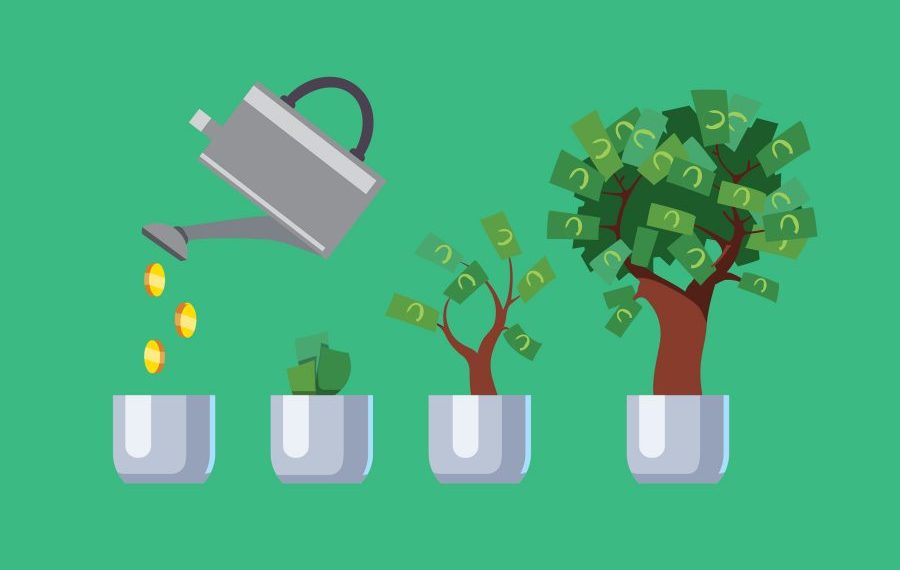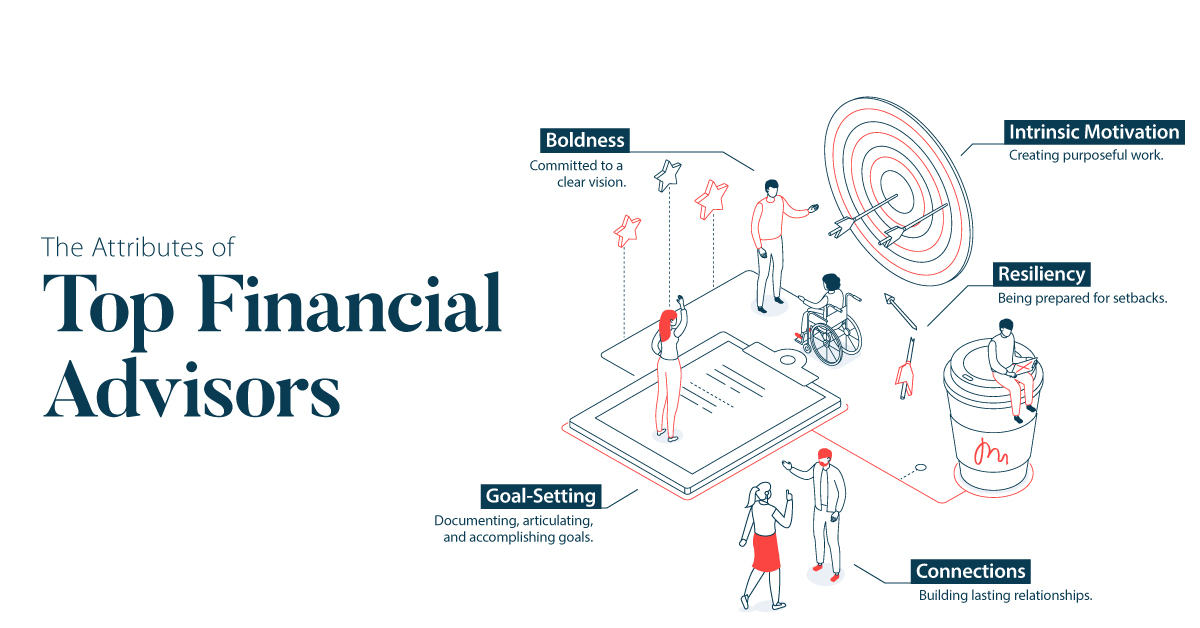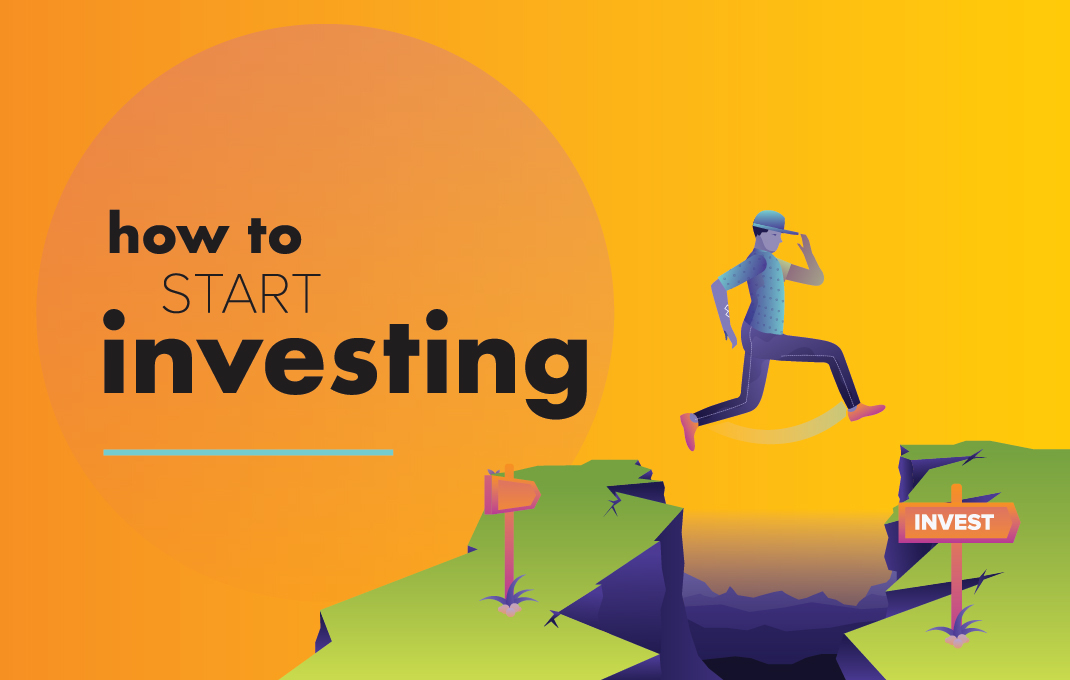
Researchers can use a series questions to gauge the uncertainty of people about future Social Security benefits. There have been many approaches to determining the likelihood of benefits. Researchers also looked at whether the program would provide benefits for people who don't believe it will.
Asking how likely it is for someone to receive Social Security is the easiest and most straightforward way to gauge uncertainty. Studies have found that the median probability of receiving benefits is approximately 40 percent for people ages 30 and 70, but a significant number of people believe that they will not receive any benefits. A large number of people think that the program will end in the future.
Other than the question of whether the program will continue to provide benefits, questions were also asked about whether or not the government will raise taxes to pay for expenses. A recent survey revealed that 37% of White workers between 18 and 34 years old expected no benefits from Social Security.

Similar questions were asked by the University of Wisconsin's Survey of Economic Expectations. This survey was done from 1999 to 2002 and asked participants about their future plans. It was interesting to note that while respondents aged 20 and 30 said that there was a "zero percent" chance they would be able to receive Social Security benefits at 70, the number of those who stated that it would not happen rose from 18 to 26 percent.
The extent of subjectivity that is used to determine if someone will be eligible to receive full benefits was explored in more questions. Respondents were asked to give advice to a hypothetical 60 year old about what lump sums they would accept. While the median amount people were willing to accept was $4,750, the average was $16,250.
An earlier study from Bernheim (1987) also used a similar approach to explore the degree of subjectivity. He discovered that retirees tend to underestimate their future benefits and that even middle-aged individuals have high levels subjectivity.
Delavande-Rohwedder (2011) performed research that determined the level of subjectivity needed to determine whether a person is eligible for Social Security. They calculated the difference in the probability of receiving benefits at the minimum level that has a 25% chance of actually being received and those with a 75% chance.

Additional studies have also been done on this topic, in addition to the surveys. A study by the Office of Disability Policy revealed that respondents who believed Social Security would discontinue offering benefits were also more likely think that a lump sum of 100 USD per month would be sufficient for their financial needs. Norr (2017) also cited another study which found that negativity bias was responsible for pessimistic opinions about the future Social Security system.
FAQ
How do you build passive income streams?
To earn consistent earnings from the same source, it is important to understand why people make purchases.
This means that you must understand their wants and needs. It is important to learn how to communicate with people and to sell to them.
Then you have to figure out how to convert leads into sales. To keep clients happy, you must be proficient in customer service.
Every product or service has a buyer, even though you may not be aware of it. You can even design your entire business around that buyer if you know what they are.
You have to put in a lot of effort to become millionaire. You will need to put in even more effort to become a millionaire. Why? Because to become a millionaire, you first have to become a thousandaire.
And then you have to become a millionaire. Finally, you must become a billionaire. You can also become a billionaire.
How can someone become a billionaire. It starts with being a millionaire. You only need to begin making money in order to reach this goal.
Before you can start making money, however, you must get started. Let's discuss how to get started.
What is the distinction between passive income, and active income.
Passive income is when you earn money without doing any work. Active income requires work and effort.
When you make value for others, that is called active income. It is when someone buys a product or service you have created. For example, selling products online, writing an ebook, creating a website, advertising your business, etc.
Passive income is great because it allows you to focus on more important things while still making money. Most people don't want to work for themselves. They choose to make passive income and invest their time and energy.
The problem is that passive income doesn't last forever. If you are not quick enough to start generating passive income you could run out.
You also run the risk of burning out if you spend too much time trying to generate passive income. It's better to get started now than later. You'll miss out on the best opportunities to maximize your earning potential if you wait to build passive income.
There are 3 types of passive income streams.
-
Business opportunities include opening a franchise, creating a blog or freelancer, as well as renting out property like real estate.
-
Investments - These include stocks, bonds and mutual funds as well ETFs.
-
Real estate - This includes buying and flipping homes, renting properties, and investing in commercial real property.
How much debt can you take on?
It's essential to keep in mind that there is such a thing as too much money. Spending more than you earn will eventually lead to cash shortages. Savings take time to grow. Spend less if you're running low on cash.
But how much can you afford? There is no universal number. However, the rule of thumb is that you should live within 10%. That way, you won't go broke even after years of saving.
This means that, if you have $10,000 in a year, you shouldn’t spend more monthly than $1,000. Spend less than $2,000 per monthly if you earn $20,000 a year. If you earn $50,000, you should not spend more than $5,000 per calendar month.
This is where the key is to pay off all debts as quickly and easily as possible. This includes student loans, credit cards, car payments, and student loans. When these are paid off you'll have money left to save.
You should consider where you plan to put your excess income. You could lose your money if you invest in stocks or bonds. However, if you put your money into a savings account you can expect to see interest compound over time.
Let's take, for example, $100 per week that you have set aside to save. Over five years, that would add up to $500. In six years you'd have $1000 saved. You'd have almost $3,000 in savings by the end of eight years. In ten years you would have $13,000 in savings.
At the end of 15 years, you'll have nearly $40,000 in savings. Now that's quite impressive. You would earn interest if the same amount had been invested in the stock exchange during the same period. Instead of $40,000, you'd now have more than $57,000.
This is why it is so important to understand how to properly manage your finances. A poor financial management system can lead to you spending more than you intended.
What's the best way to make fast money from a side-hustle?
If you want to make money quickly, it's not enough to create a product or a service that solves an individual's problem.
You need to be able to make yourself an authority in any niche you choose. It is important to establish a good reputation online as well offline.
Helping others solve their problems is a great way to build a name. It is important to consider how you can help the community.
Once you answer that question you'll be able instantly to pinpoint the areas you're most suitable to address. There are many opportunities to make money online. But they can be very competitive.
But when you look closely, you can see two main side hustles. One type involves selling products and services directly to customers, while the other involves offering consulting services.
There are pros and cons to each approach. Selling products or services gives you instant satisfaction because you get paid immediately after you have shipped your product.
But, on the other hand, you might not have the success you desire if you do not spend the time to build relationships with potential clientele. In addition, the competition for these kinds of gigs is fierce.
Consulting allows you to grow and manage your business without the need to ship products or provide services. However, it can take longer to be recognized as an expert in your area.
It is essential to know how to identify the right clientele in order to succeed in each of these options. This takes some trial and errors. But, in the end, it pays big.
Why is personal finance so important?
A key skill to any success is personal financial management. We live in a world with tight finances and must make tough decisions about how we spend our hard earned cash.
So why do we put off saving money? Is it not better to use our time or energy on something else?
Yes and no. Yes, because most people feel guilty when they save money. Because the more money you earn the greater the opportunities to invest.
Spending your money wisely will be possible as long as you remain focused on the larger picture.
You must learn to control your emotions in order to be financially successful. When you focus on the negative aspects of your situation, you won't have any positive thoughts to support you.
Unrealistic expectations may also be a factor in how much you will end up with. This is because you aren't able to manage your finances effectively.
Once you've mastered these skills, you'll be ready to tackle the next step - learning how to budget.
Budgeting is the act of setting aside a portion of your income each month towards future expenses. Planning will allow you to avoid buying unnecessary items and provide sufficient funds to pay your bills.
So now that you know how to allocate your resources effectively, you can begin to look forward to a brighter financial future.
What is personal financial planning?
Personal finance involves managing your money to meet your goals at work or home. This means understanding where your money goes and what you can afford. And, it also requires balancing the needs of your wants against your financial goals.
If you master these skills, you can be financially independent. This means you are no longer dependent on anyone to take care of you. You're free from worrying about paying rent, utilities, and other bills every month.
It's not enough to learn how money management can help you make more money. It makes you happier overall. When you feel good about your finances, you tend to be less stressed, get promoted faster, and enjoy life more.
Who cares about personal finances? Everyone does! Personal finance is one the most sought-after topics on the Internet. Google Trends indicates that search terms for "personal finance” have seen a 1,600% increase in searches between 2004-2014.
Today, people use their smartphones to track budgets, compare prices, and build wealth. You can find blogs about investing here, as well as videos and podcasts about personal finance.
Bankrate.com estimates that Americans spend on average 4 hours per day viewing TV, listening to music and playing video games, as well reading books and talking with friends. This leaves just two hours per day for all other important activities.
When you master personal finance, you'll be able to take advantage of that time.
Statistics
- While 39% of Americans say they feel anxious when making financial decisions, according to the survey, 30% feel confident and 17% excited, suggesting it is possible to feel good when navigating your finances. (nerdwallet.com)
- 4 in 5 Americans (80%) say they put off financial decisions, and 35% of those delaying those decisions say it's because they feel overwhelmed at the thought of them. (nerdwallet.com)
- U.S. stocks could rally another 25% now that Fed no longer has ‘back against the wall' in inflation fight (marketwatch.com)
- Shares of Six Flags Entertainment Corp. dove 4.7% in premarket trading Thursday, after the theme park operator reported third-quarter profit and r... (marketwatch.com)
- According to a June 2022 NerdWallet survey conducted online by The Harris Poll. (nerdwallet.com)
External Links
How To
For cash flow improvement, passive income ideas
There are ways to make money online without having to do any hard work. Instead, there are ways for you to make passive income from home.
Automation could also be beneficial for an existing business. If you are thinking of starting a business, you might find that automating parts of your workflow can help you save time and increase productivity.
Your business will become more efficient the more it is automated. This will allow you to focus more on your business and less on running it.
A great way to automate tasks is to outsource them. Outsourcing allows your business to be more focused on what is important. You are effectively outsourcing a task and delegating it.
You can now focus on what is important to your business while someone else takes care of the details. Outsourcing makes it easier to grow your business because you won't have to worry about taking care of the small stuff.
It is possible to make your hobby a side hustle. A side hustle is another option to generate additional income.
Articles are an example of this. You can publish articles on many sites. These websites pay per article, allowing you to earn extra monthly cash.
Making videos is also possible. Many platforms now enable you to upload videos directly to YouTube or Vimeo. Posting these videos will increase traffic to your social media pages and website.
One last way to make money is to invest in stocks and shares. Stocks and shares are similar to real estate investments. Instead of renting, you get paid dividends.
They are included in your dividend when shares you buy are purchased. The amount you get depends on how many shares you purchase.
If your shares are sold later, you can reinvest any profits back into purchasing more shares. You will keep receiving dividends for as long as you live.